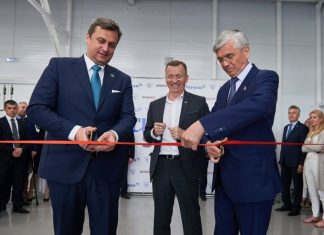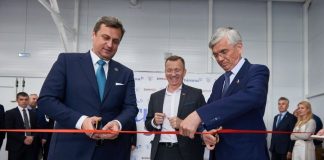The crises of recent years – be it the COVID-19 pandemic, Russia’s aggression towards Ukraine, or the climate crisis and the related need for a green transition – have accelerated efforts to bolster societal resilience in Czechia, Slovakia, and Poland.
However, these same crises have also exacerbated societal frustrations and eroded trust in state and European institutions, media outlets, and even among individuals, creating fertile ground for both domestic and foreign disinformation actors now equipped with not only the power of social media algorithms but also advanced AI tools.
To combat these challenges, the Association for International Affairs (AMO), together with the Adapt Institute and the EAST Center, launched a European Union-funded project to boost the resilience of these societies. Throughout the project, a series of expert exchanges, workshops with students, and public debates were held across the three countries, and have greatly contributed to this paper.
The paper thus draws on both desktop research and recent analytical reports, as well as the firsthand experiences of citizens and experts from Czechia, Slovakia, and Poland. It offers a mapping of the current vulnerabilities in these Central European nations and provides tailored recommendations for key stakeholders.
These stakeholders, including state and European institutions, media outlets, social media platforms, AI companies, and businesses, are each addressed in individual sections with a specific set of recommendations designed to enhance the effectiveness of combating disinformation.
More information can be found in the paper below.
The paper is a part of the project “Strengthening the Resilience of Czech, Slovak and Polish Societies Prior to the 2024 European Parliament Elections” supported by the EU.















